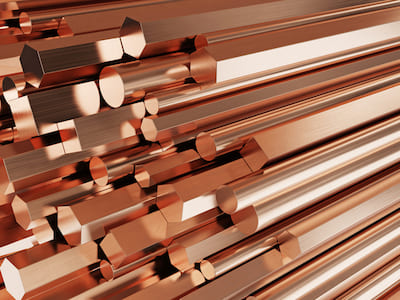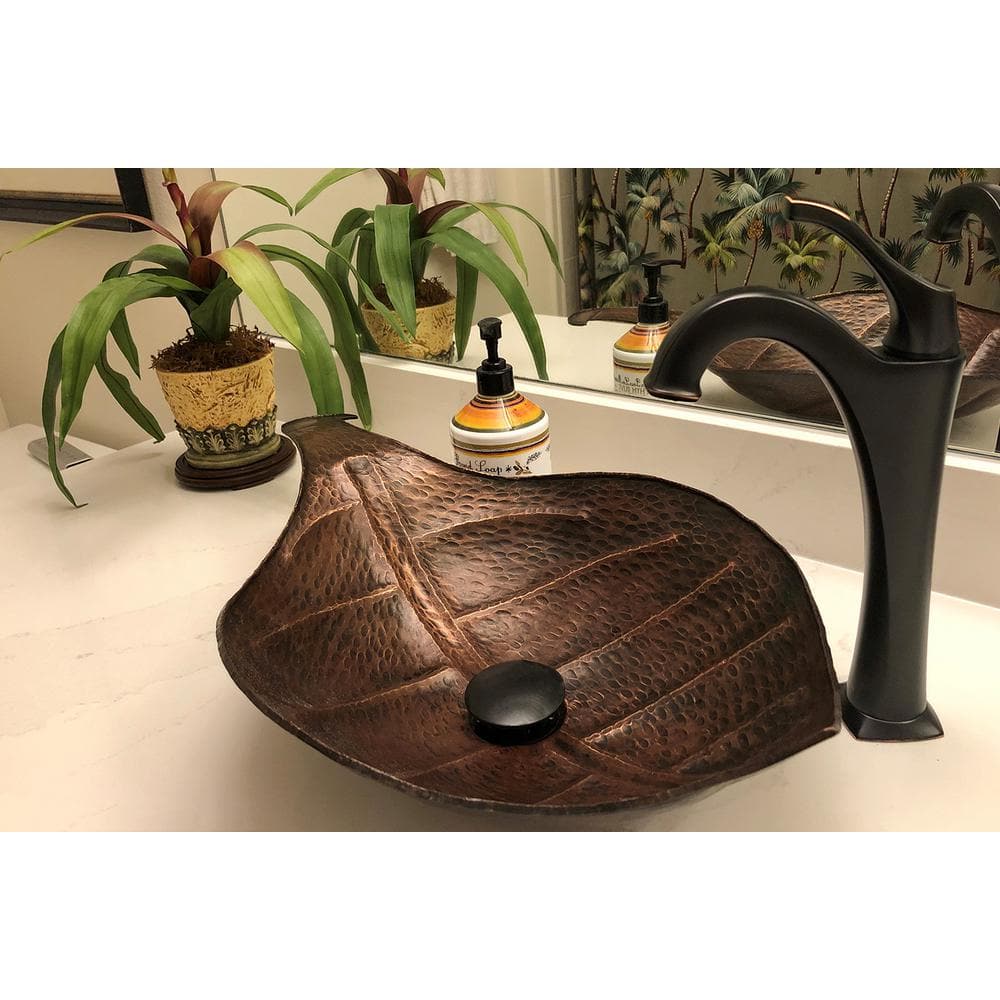The Ultimate Guide to Sustainable Coping With Eco-Friendly Copper Products
The Ultimate Guide to Sustainable Coping With Eco-Friendly Copper Products
Blog Article
Discovering the Diverse Applications of Copper Products in Modern Industries
Copper items have established themselves as crucial parts throughout a myriad of contemporary sectors, largely due to their remarkable conductivity, pliability, and resistance to rust. From boosting the efficiency of electrical systems to playing a vital duty in renewable resource innovations, the adaptability of copper appears. Furthermore, its recyclability settings it as a sustainable choice in production and electronic devices. As markets increasingly focus on development and sustainability, the diverse applications of copper require a closer evaluation, particularly concerning their prospective impact on future environmental methods and technological improvements.
Electrical Applications of Copper
Copper is an essential material in the electrical market, accounting for about 60% of the complete demand for non-ferrous metals internationally - Copper Products. Its exceptional electrical conductivity, which is almost two times that of light weight aluminum, makes it the recommended selection for a broad array of electrical applications. From wiring systems in commercial and property structures to high-voltage power transmission lines, copper guarantees performance and dependability in electrical energy distribution
In addition to wiring, copper is essential to the manufacturing of electrical elements such as generators, electric motors, and transformers. These components leverage copper's thermal conductivity and pliability, crucial for warm dissipation and effective performance. Copper's resistance to deterioration boosts the life-span and longevity of electrical systems, making it a cost-effective remedy in the long term.
The growth of renewable resource sources, such as solar and wind power, has better enhanced the demand for copper in electric applications. As markets change towards lasting power solutions, copper's role comes to be also extra essential. On the whole, the adaptability and efficiency attributes of copper strengthen its standing as a keystone material within the electric sector, driving innovation and efficiency across different applications.
Plumbing and Piping Solutions
In modern plumbing systems, the selection of materials significantly affects both functionality and long life. Copper has become a favored choice as a result of its one-of-a-kind residential or commercial properties, consisting of corrosion resistance and antimicrobial characteristics. These attributes make certain that copper piping remains secure and sturdy for delivering drinkable water, a crucial consideration in property and commercial applications.
Among the vital benefits of copper in plumbing is its capacity to hold up against high temperatures and stress, making it appropriate for a range of applications, from warm water systems to heating and cooling down networks. In addition, copper's flexibility enables easier setup in complex piping formats, minimizing the threat of failings and leaks.
Another noteworthy advantage is copper's lengthy lifespan, usually going beyond 50 years with appropriate maintenance. This durability not just decreases substitute expenses however additionally adds to sustainable methods by reducing waste. Additionally, copper's recyclability straightens with modern-day environmental requirements, promoting a circular economic situation within the pipes sector.
Copper in Renewable Resource
The versatility of copper prolongs beyond pipes applications, playing an important role in the renewable resource sector. Its excellent electric and thermal conductivity makes it a crucial product in the production and distribution of renewable resource resources, specifically solar and wind power. In solar panels, copper is utilized in photovoltaic or pv cells and wiring, assisting in efficient power conversion and transmission. Its resistance to rust ensures lasting performance, which is essential for optimizing energy outcome gradually.

Additionally, as the international demand for electric lorries (EVs) increases, copper's function in battery systems and billing infrastructure becomes even much more significant. The material's capacity to conduct power efficiently is indispensable to the performance of EV batteries, improving variety and charging rate.
Copper's Function in Electronic devices
Electronics making relies heavily on copper's outstanding homes, especially its high electric conductivity and thermal efficiency. These attributes make copper a perfect option for a large range of digital parts, including ports, circuit boards, and circuitry. The metal's capability to efficiently send electrical signals guarantees marginal energy loss, which is crucial in high-performance electronic devices.
In addition, copper's thermal conductivity plays a considerable duty in warm dissipation, securing delicate parts from overheating. This is particularly important in modern-day electronics, where portable designs cause boosted heat generation. Copper is additionally preferred for its pliability and ductility, enabling it to be easily shaped right into detailed styles that meet the needs of advanced electronic applications.
With the surge of consumer electronic devices, telecoms, and electric cars, the need for copper in the electronic devices sector proceeds to expand. Therefore, copper stays a keystone material in the ever-expanding field of electronics.
Ingenious Uses in Production

One significant application remains in additive manufacturing, where copper-based products are used in 3D printing processes. This allows for the production of complex geometries and light-weight parts, specifically in the aerospace and auto industries. Furthermore, copper's thermal conductivity makes it an optimal selection for warm exchangers, improving efficiency in industrial air conditioning systems.
Furthermore, the rise of smart manufacturing has seen the incorporation of copper in IoT tools, where its conductive capacities support sophisticated noticing technologies. In the world of renewable resource, copper is crucial in the manufacturing of photovoltaic panels and wind turbines, facilitating more efficient energy conversion and distribution.
As sectors pursue sustainability and advancement, copper's adaptability and performance remain to position it as a crucial product, driving improvements in manufacturing and adding to the development of smarter, extra reliable products.
Conclusion
In recap, copper items show remarkable adaptability throughout different modern-day markets. Copper Products. Their premium conductivity enhances electric applications, while rust resistance ensures integrity in plumbing. The essential role of copper in renewable power and its vital function in electronic devices highlight its value ahead of time sustainable practices. Furthermore, ingenious usages in producing highlight copper's versatility and withstanding value. Collectively, these applications illustrate copper's vital payment to technical progression and industrial effectiveness in modern culture.
From improving the efficiency of electrical systems to playing an important duty in sustainable energy modern technologies, the convenience of copper is evident. As this contact form sectors progressively focus on innovation and sustainability, the varied applications of copper warrant a closer examination, particularly concerning site their possible influence on future environmental methods and technical advancements.
The development of eco-friendly power resources, such as solar and wind power, has actually additionally boosted the need for copper in electric applications. In general, the flexibility and efficiency qualities of copper solidify its standing as a cornerstone product within the electrical market, driving development and efficiency across numerous applications.
The adaptability of copper extends beyond pipes applications, playing a vital function in the eco-friendly power market.
Report this page